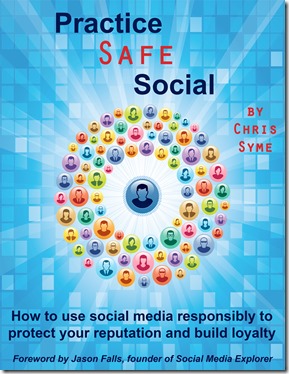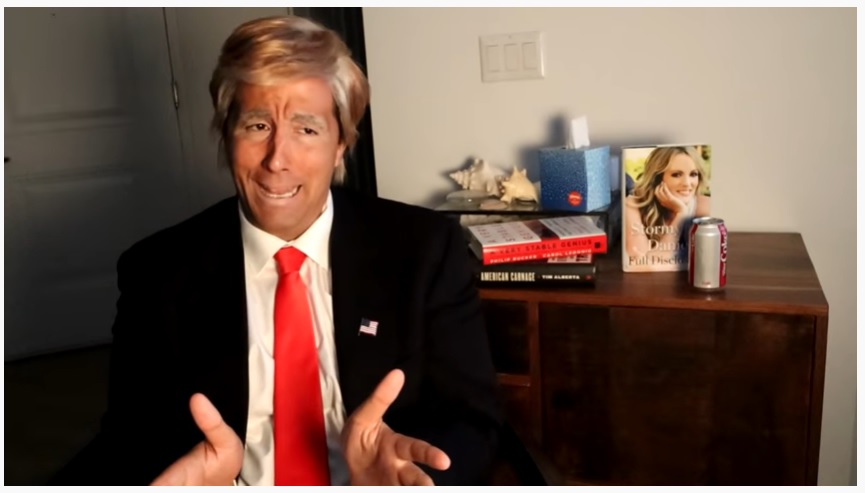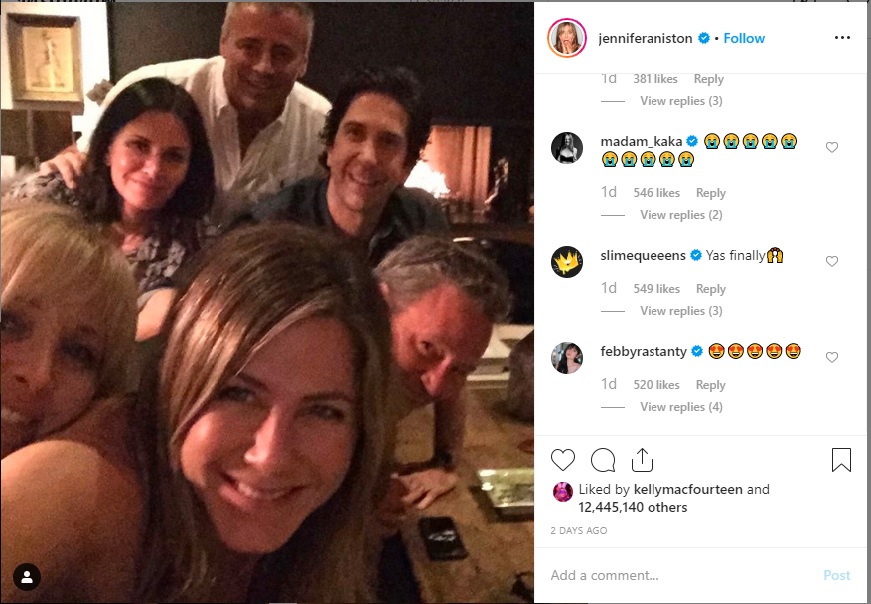How To Get Your Staff To Behave on Social Media
This is an excerpt from “Practice Safe Social,” a new e-book by crisis pro Chris Syme.
How do you get people to behave on social media? That is the million-dollar question these days. But, celebrities and politicians aren’t the only ones getting in trouble. Unfortunately, social media can make anyone a celebrity—and not in a good way.
A pastor in St. Louis found that out the hard way when she wrote a note to a waitress at a local Applebee’s on her receipt disputing an automatic tip deduction. An employee took a picture of the receipt and posted it on Reddit, a popular social media forum. The angry pastor complained to the restaurant and got the employee fired—a perfect storm of trouble that garnered national attention and ruined the pastor’s reputation.
Popular athletes like Johnny Manziel, last year’s Heisman trophy winner, have created such havoc on social media that college coaches everywhere are jumping on the “No Twitter” bandwagon.
Prohibition does not teach responsibility—education does. In my new e-book, Practice Safe Social, I address the subject of how to educate people on issues of privacy, reputation, and brand building as they relate to the responsible use of social media. Telling people they can’t use social media only teaches them you don’t think they are responsible.
Remember the adage, “Give a man a fish and you feed him for a day. Teach a man to fish and you feed him for a lifetime”? When you teach people how to use social media responsibly, you give them a valuable life skill. Give them the right tools and information and you’ll be amazed at how much loyalty they can build with social media. And that loyalty is a deep well that allows you to draw water when you make a mistake and keep on going.
When fans and customers trust you, they give you the benefit of the doubt. If you’re a follower of the annual Reputation Quotient survey from Harris Interactive, you know the direct relationship between reputation and bottom line. Figuring out how to get people to buy into the concept of education is the trick. As the actor said to the director, “what’s my motivation?”
We’ve all heard these guidelines for posting. Some are more effective than others, depending on the age of the audience:
Don’t post anything you wouldn’t want your mother to see. Well, truth be told, some mothers (and fathers) don’t have any more sense than a teenager. This may not drive the point home. Some moms might think it’s pretty cool to see scantily clad pictures of their daughters online. Have you ever seen Toddlers and Tiaras? Scary moms.
Don’t post anything you wouldn’t want your grandmother to see. Your grandmother probably loves you to death, and is very longsuffering about your mistakes. Your picture playing beer pong might not be her thing, but she’ll smile and hug you anyway. She doesn’t care what you post on social media. It may motivate some, but Grandma is the one person on earth that will forgive anything, no matter what.
Don’t post anything you wouldn’t want a future employer to see. The pocketbook is often a good motivator, especially for young adults. Unless your future employer might be a strip club manager or Deadspin, you probably should keep this one in mind. Here’s the visual I like to draw: imagine every job interview you’re going to in the future requires you to bring only one thing – a portfolio of everything you’ve posted online in your entire life. You and your future employer will sit down and look at it together. Now, what do you want them to see? Over 90% of employers search the social media of prospective employees. And, according to a Reppler survey, 69 percent of them have rejected a candidate because of what they found.
No matter what motivation you try and give people to use social media responsibly, the best motivation will always be showing them a direct personal benefit. Bad screenshots may scare some, but bottom line issues are what make most people change in the long run. Show them the money!
Know Your Danger Zones
Know thyself. Do you have a quick temper? Are you passionate about your hometown, sports team, or a political cause? Do you have emotional triggers like people getting away with cheating, corrupt politicians, mean people, or bullying? Make decisions ahead of time on how to respond to posts on social media that push your buttons.
Try making a social media contract with yourself. Have a friend or colleague witness it.
Here are some things you may want to add to your contract:
- Leave the phone at home when you go out or leave it locked in your car out of sight.
- Save messages as drafts before you send. Force yourself to put your device down for at least a minute, then go back and read it again.
- Don’t read the negative and you won’t speak the negative – stay away from sites like Gawker, Bleacher Report, Deadspin, TMZ , and do not register a profile on any of these sites. If you’re going to read controversial internet material, don’t set up an account to do so, or leave a comment on the site. You never know who is watching—or searching.
- Don’t post when you’re drinking or when you’re emotional – ecstatic or angry.
Take time to practice the behaviors that keep you on the right track:
- Practice 140 character responses to emotional situations. Better yet, practice silence.
- Study resources that will help you learn how to deal with the pressure like The Media Training Bible by Brad Phillips and my new e-book Practice Safe Social.
- Unplug at night. Vow to stay off social media during a time period when you may be tired or need to do other tasks. Don’t live life at the mercy of a device.
- Turn off your notifications and only check your social media at prescribed times.
- Don’t defer to checking social media when you are bored. Find another activity to occupy your time.
Using social media responsibly is a skill everyone needs. Do you know how to practice safe social?
Chris Syme is principal at Chris Syme, a consulting firm in Bozeman, Montana. Her agency specializes in reputation and crisis communication services including online crisis monitoring and social media training.
“Practice Safe Social” is available from Amazon here.




